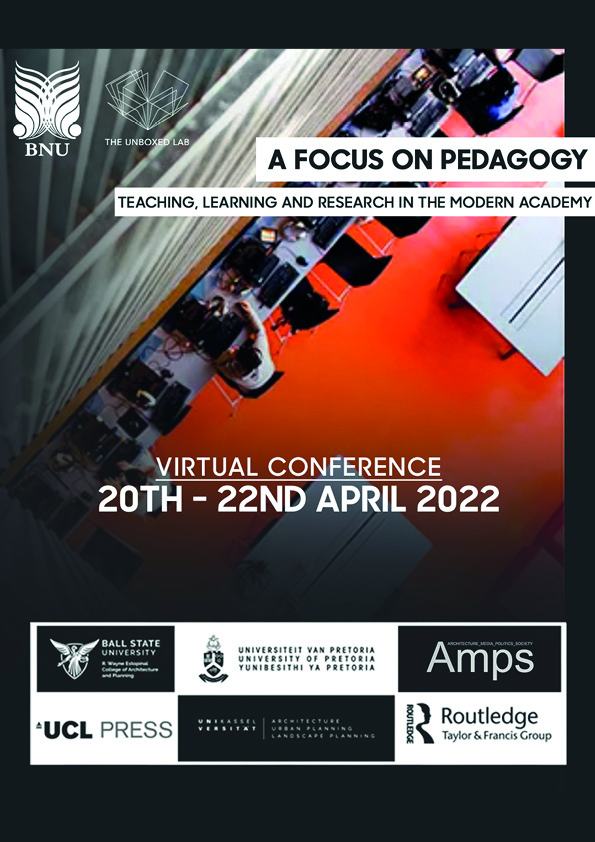
Towards playful didactics of building durability: A new game-based approach, Fabian Kastner
Input presentation as part of the conference „A focus on Pedagogy“, Virtual conference April 22, 2022, 6:00 pm.
The contribution presents a newly-developed educational game intended to engage a broad audience into appreciating the built environment by reflecting on environmental impacts of renovation actions. The built environment and its related activities are responsible for extensive use of resources and a large amount of CO2 emissions. Although integration of sustainability into higher education curricula has been extensively researched, there is still little investigation of engaging approaches towards education on environmental assessment of buildings, their operation or maintenance. Life Cycle Assessment (LCA) offers a method to evaluate and communicate environmental impacts of products and services. Therefore, LCA allows to not only assess operational energy use of buildings but also explore embodied impacts of building materials. However, its complex nature inhibits its wide application in the praxis.
New educational tools need to be developed to disseminate life-cycle-based best practices towards the built environment. In this paper, we present a preliminary overview showing how educational games on building and sustainability were conceptualized in literature; how they can be interactively modeled; and how they can be tested in educational contexts. Past research focuses are discussed with a literature review on 21 educational building sustainability games. The goal of our game is to enable a critical life-cycle based reflection on renovation actions. Therefore, this game includes a model of a heritage hotel, where the player can iteratively intervene the building and get feedback on decisions. A pre-study was setup to evaluate how participants’ reflections on the app can be assessed using a standard usability test. The results show an analysis of previous works on educational games in the given context and the potential of the newly-developed prototype game as an effective educational tool.